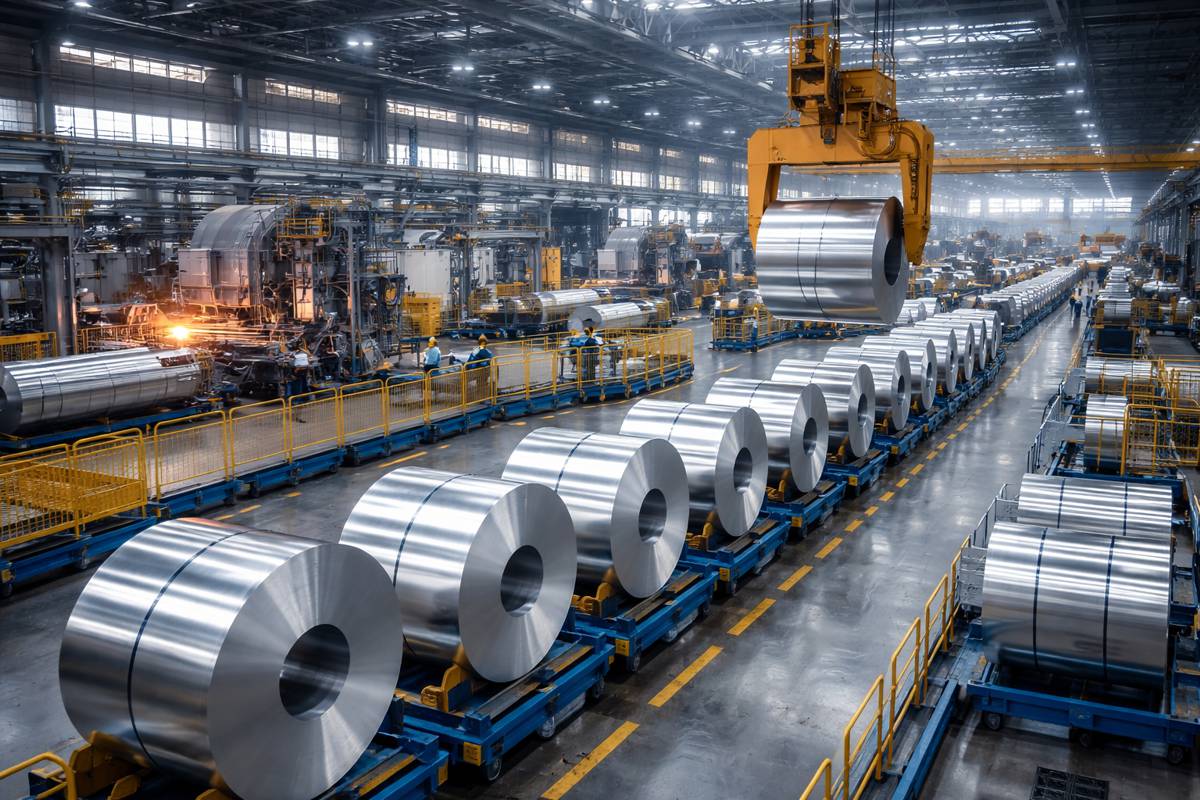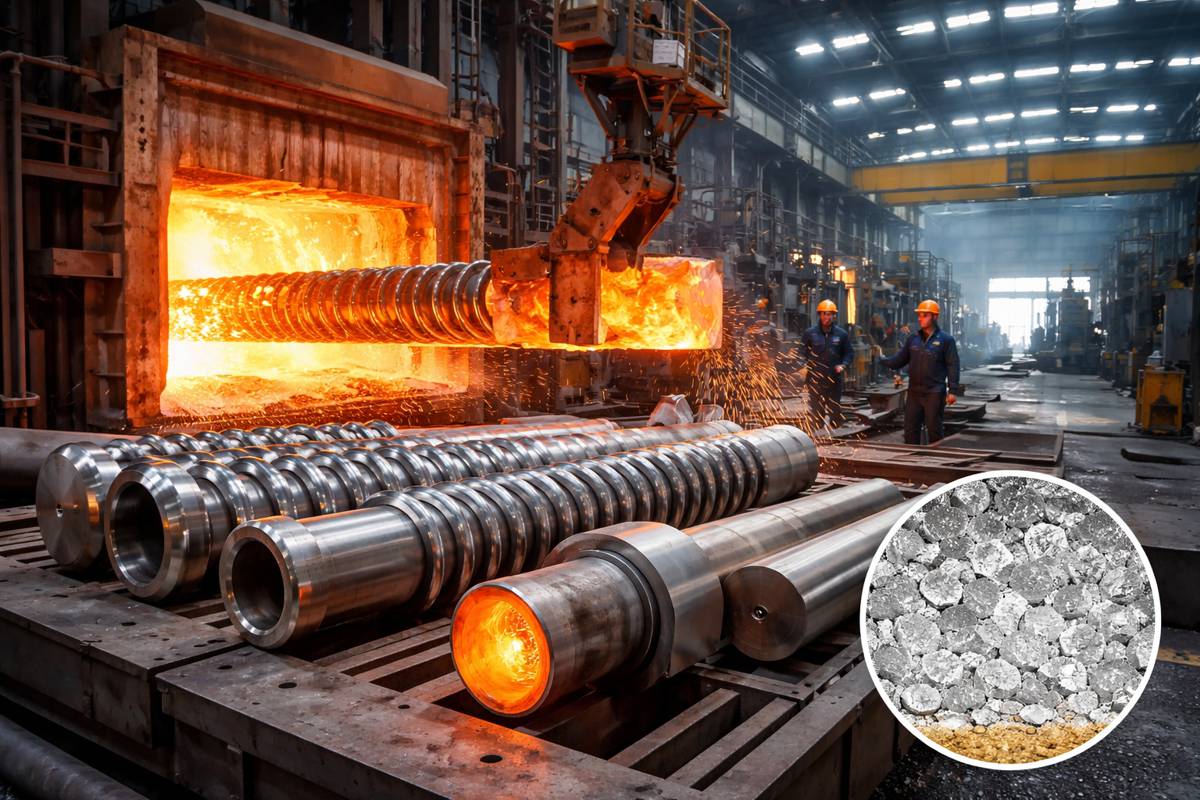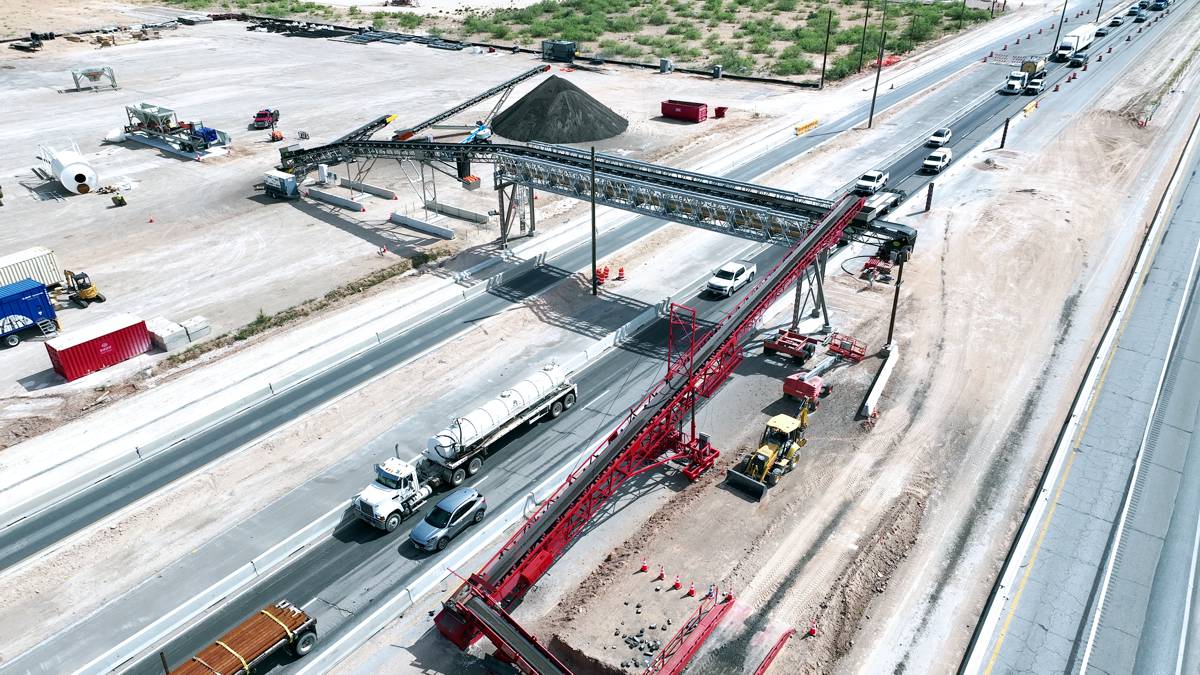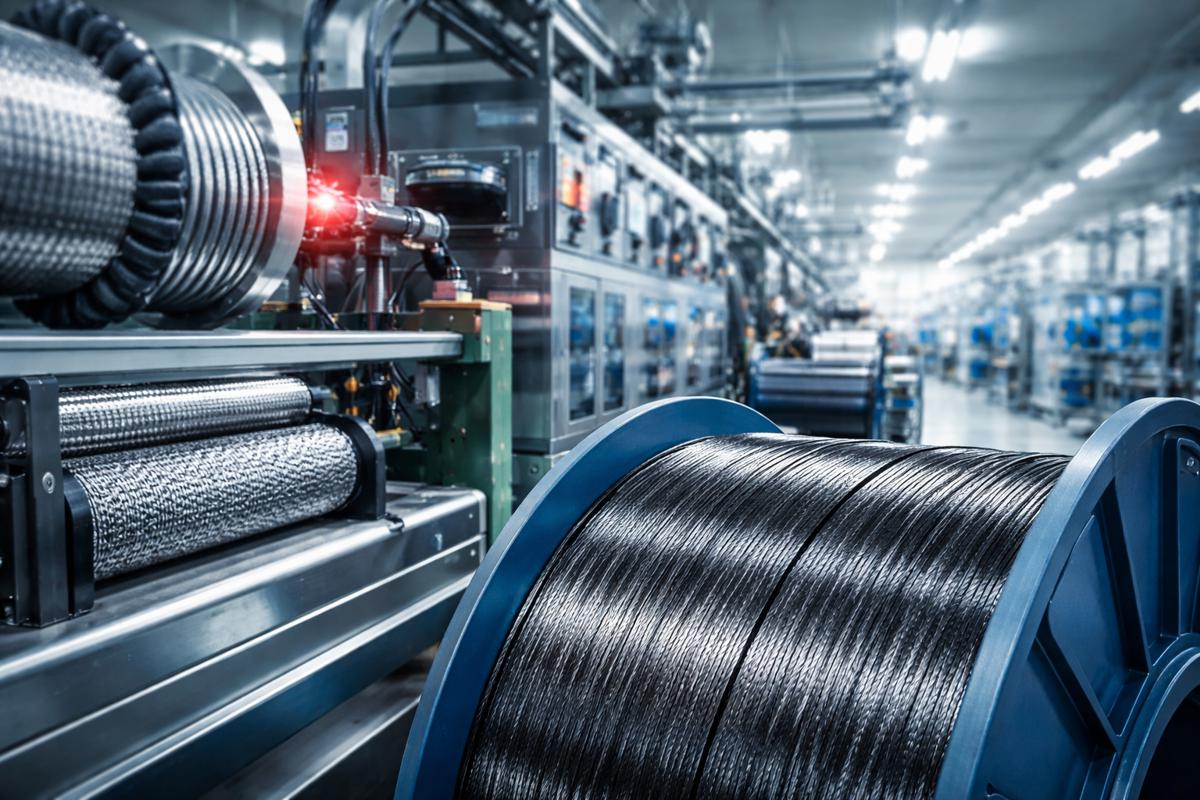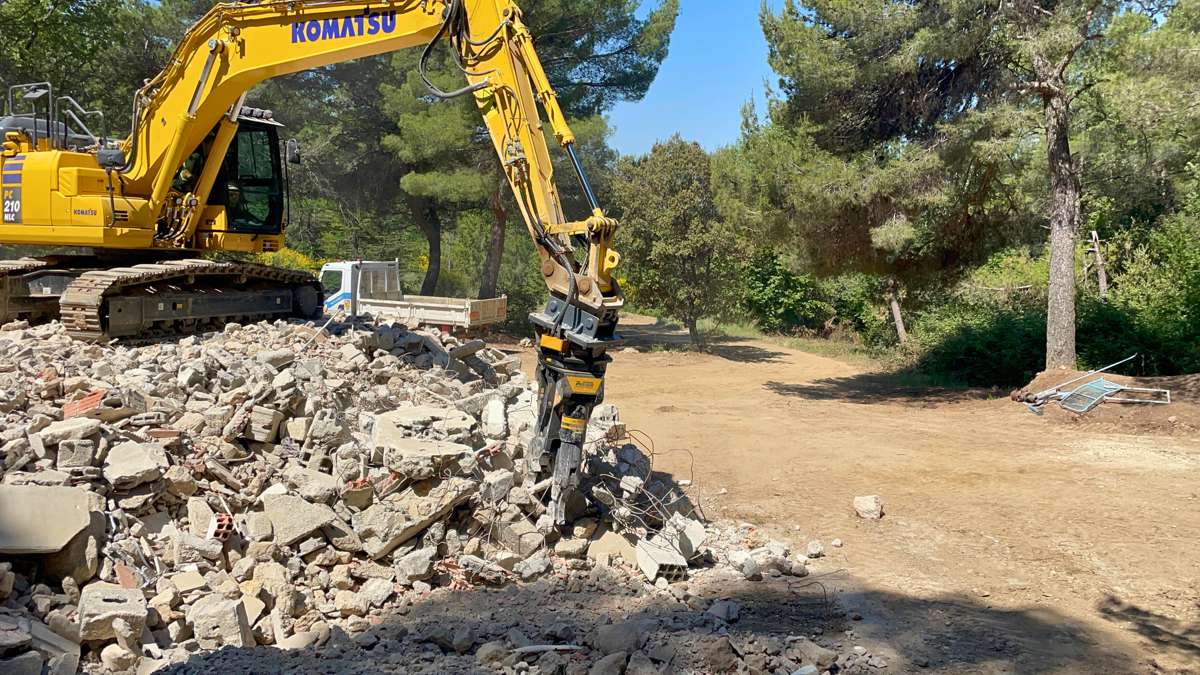Meet the sustainable alternative to concrete
Sustainability is the hot topic for every UK industry. So, what action can the construction industry take to put sustainability at the top of the agenda in 2020? Phil Sutton, founder and managing director of Econpro explains.
There’s a growing realisation that the construction industry needs to up its game to meet the government’s net zero carbon emissions target by 2050.
Concrete has been the only feasible groundworks option for highways contractors for many years, thanks to its durability, strength and cheap cost. Yet carbon emissions from concrete are staggering. According to think tank Chatham House, cement is the source of around 8% of the world’s carbon dioxide (CO²) emissions.
And with businesses under scrutiny from investors, customers and media about how their actions will affect the environment in the long-term, it makes sense for them to implement the latest innovations that won’t cost the earth.
At Econpro, via our Durakerb products, we’ve already saved 11,215 tonnes of carbon emissions in the past 10 years, and our message is simple: highways engineers can make a switch and play their part.
Furthermore, the circular economy is based on the principles of designing out waste and pollution, keeping products and materials in use, and regenerating natural systems . We believe that one of the keys to supporting this is using innovative materials while ensuring products can, in time, be recycled again.
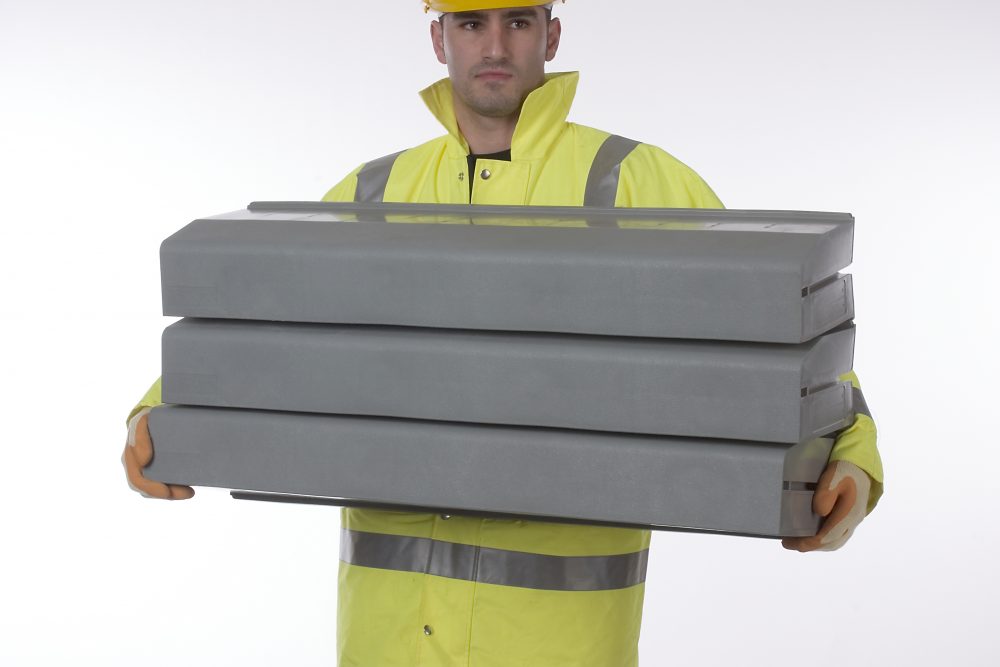
Durakerb units – kerbs, kerbside and surface drainage – are made from up to 88% recycled polymer, comprised of the equivalent of 182 plastic bottles. This means that the units are lighter to carry – causing less CO² when transported, and at their end of their life, they can be recycled again.
Unlike traditional concrete kerbs, recycled plastic is robust enough to withstand accidental impacts during the construction phase. At the same time there is a marked reduction in chips or spalling, plus it boasts high compressive and flexural strength.
Installation is also more efficient, with a 300% faster laying speed compared to concrete. This in turn vastly increases productivity, allowing other works to progress.






















